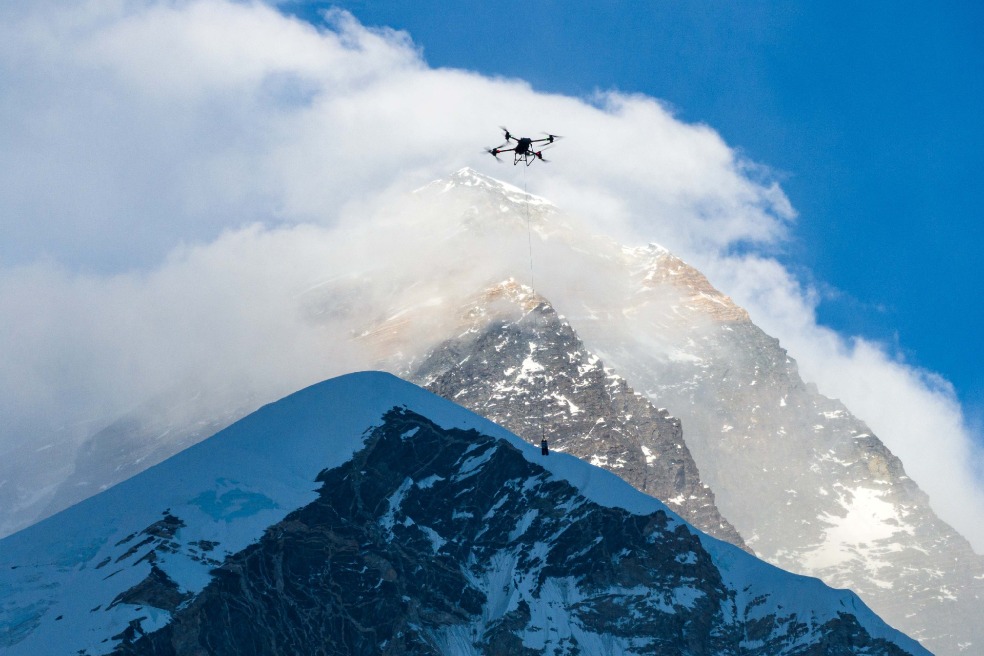Tech giants embracing humanoid robots
Unitree, UBTech among local firms wedding AI with lifelike androids


In a market accustomed to eye-catching innovations from the likes of Tesla's Optimus and Boston Dynamics' Atlas, the global humanoid robotics industry was recently wowed by a new product from Chinese startup Unitree Robotics.
Its surprisingly low price is what sets it apart: 99,000 yuan ($13,700) for its latest G1 humanoid robot. While many robots from other companies are priced from 150,000 to 200,000 yuan, or even into the millions, Unitree Robotics is positioning itself as a very strong competitor in terms of both price and performance, the company said.
Last year, Elon Musk suggested that the price of Tesla's Optimus would be around $20,000, claiming that only at this price point could such robots achieve widespread use in the real world.
Jensen Huang, CEO of US chip giant Nvidia, recently said in an interview that the future cost of humanoid robots could range between $10,000 and $20,000.
According to Unitree Robotics, G1 is about 127 centimeters tall and boasts impressive stability and flexibility, such as 180-degree body rotation and the ability to crack walnuts "barehanded".
Despite its smaller size compared to Unitree H1 — a 1.8-meter, 47-kilogram laser-radar-equipped humanoid the company unveiled last year — the G1 is also equipped with advanced technologies, including LiDAR, depth cameras and dexterous hands. Driven by the self-developed large language model UnifoLM, G1 possesses powerful motor capabilities and intelligent learning abilities, allowing for precise object manipulation, Unitree Robotics said.
The story behind Unitree Robotics' ability to offer such low prices traces back to its years of experience in developing quadruped robots and its self-developed electric drive technology.
"The core components of the G1 joint unit, including the servo motor, reducer and controller, are all independently developed and produced by Unitree," said Wang Qixin, who is in charge of marketing at Unitree Robotics.
The development of the G1 took about three months from project initiation to launch — half the time it took to develop the H1 — primarily due to Unitree Robotics' self-developed technology. However, Wang also acknowledged that the reduced size contributed to the lower price.
Driven by technological advancements in AI, humanoid robots like Unitree G1 are the hottest topic in the intelligent robotics industry today amid a growing number of Chinese companies that are scrambling to establish a beachhead in the emerging sector.
























